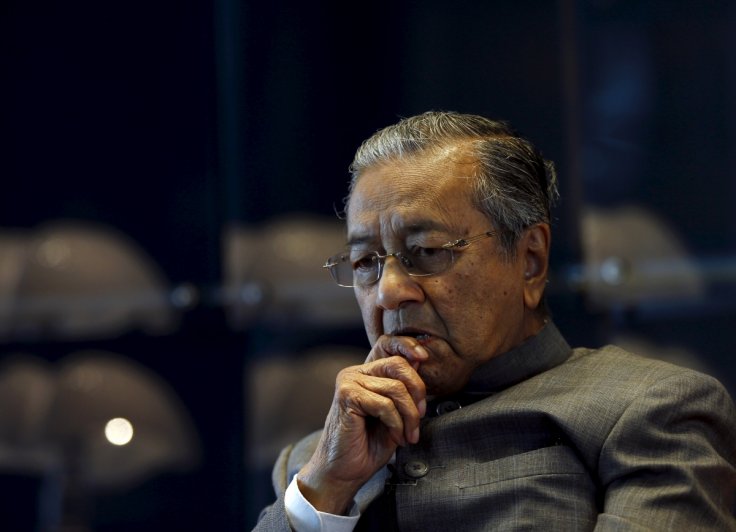
Malaysia is working to resolve a spat with India over Prime Minister Mahathir Mohamad's stance on Kashmir, and hoping that a 16-nation trade pact, which includes India, will be signed this year despite the strained ties, its trade minister said.
Ties suffered a downturn after Mahathir told the U.N. General Assembly late last month that India had "invaded and occupied" Kashmir, a disputed Muslim-majority region also claimed by Pakistan.
India revoked the autonomous status of its Jammu and Kashmir state on Aug. 5, and has rejected foreign criticism, largely from Muslim majority countries and China, insisting it is an internal affair.
Indian traders have called for a boycott of Malaysian palm oil - which Mahathir has said amounts to a trade war - and there were concerns in New Delhi that negotiations on the Regional Comprehensive Economic Partnership (RCEP) could be affected too.
The spat between the world's second biggest producer and exporter of palm oil, and its current biggest customer could most likely benefit Indonesia, the biggest producer and exporter.
Speaking to reporters on Thursday, Malaysia's minister of international trade and industry, Darell Leiking, said RCEP talks were on track and a final deal should include all the intended participants: the 10 members of the Association of Southeast Asian Nations (ASEAN) and six Asia-Pacific countries - China, India, Japan, South Korea, Australia and New Zealand.
A RCEP summit will be held in Bangkok on Nov. 4.
Leiking said "anything can happen" before the summit, but all 16 countries were moving toward finalising the free trade agreement.
"We hope that RCEP negotiations can be concluded by year-end so that Malaysian companies could reap the opportunities from this mega FTA in opening up more market access for our products and services," he said.
The China-led RCEP is expected to create an integrated market of 3.4 billion people with combined GDP of $49.5 trillion, or about 39% of the world economy.
Leiking said he met with Indian Trade Minister Piyush Goyal recently and informally discussed New Delhi's concerns on bilateral ties.
"Hope to meet him more and get more details into the issue and what they want to do," Leiking said. "We have yet to hear (formally) from the government. But we will engage with their government more so."
Separately, the Malaysian minister in charge of palm oil said on Thursday the government was considering sending a delegation to meet with India's top vegetables oil trade body, which had called on members to boycott Malaysian palm oil.
"We need to see the response on the India side," Primary Industries Minister Teresa Kok told reporters in parliament. "It's good to talk and it's good to not do harm to bilateral trade."








